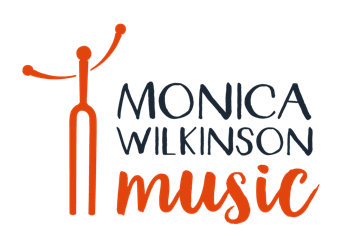
Investing in music teachers is essential
Josh Halliday's recent article in The Guardian about how music enhances learning across the curriculum is just one in a long line of such pieces. In common with others, the assertions are backed up by hard facts. At Feversham Primary Academy in Sheffield, where pupils have a minimum of 2 hours of music every week, and sometimes as much as 6 hours, attainment in both English and Maths has shot up. The Kodaly method underpins the music education, with live performers visiting the school frequently.
This enlightened Head has clearly chosen to employ trained specialist music teachers on a sensible basis. He's probably also invested in training for the regular class teachers so that they can support the music learning with proper understanding. This flies in the face of what is happening in so many other schools, where music and the other arts are being sidelined. The position in Scotland is mixed, but many primary schools do not have any staff who feel confident in teaching music. Yes, there are schemes that schools can invest in, and some of them are quite good, but how would we feel if our child were being taught maths by a teacher who proclaimed that they didn't understand what they were teaching but just followed the bought-in lessons plans?
When I decided to do a PGCE in 2005, I looked for one where I could train as a primary music specialist. The unsatisfactory state was that although primary class teaching was an option, as was Secondary Music, there was nothing specific available. I was lucky to be able to do the wonderful 2-year PGCE in Music with Specialist String Teaching at Manchester Metropolitan University, where we spent the middle year (Jan-Dec) at Royal Northern College of Music studying Dalcroze, Kodaly, string teaching, and observing highly trained and experienced teachers in these fields teach on the RNCM's Junior Strings Project. Sadly, this course no longer runs. It was an excellent preparation for teaching music at both primary and secondary stages.
The B Ed course at Royal Conservatoire of Scotland trains music teachers for both primary and secondary stages. The new Active Learning Module will give first year students six weeks each of Dalcroze, Kodaly and Orff Schulwerk. I am very pleased to be teaching this course with Lucinda Geoghegan and Caroline McCluskey. Our aim is to address any gaps in students' experience alongside giving them strategies, materials and guidance for their first set of classroom experiences. A final joint session will draw threads together and encourage discussion.
Education through and into music has been recognised as valuable to society and the individual for thousands of years. Debate is unnecessary. What is necessary, however, is that we invest in training teachers properly. To paraphrase Karin Greenhead, Director of Studies for Dalcroze UK, we are deluded if we think music can be taught well by those without skills and training.